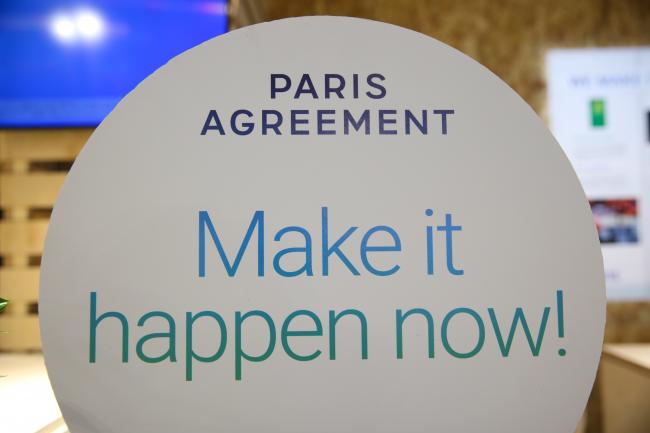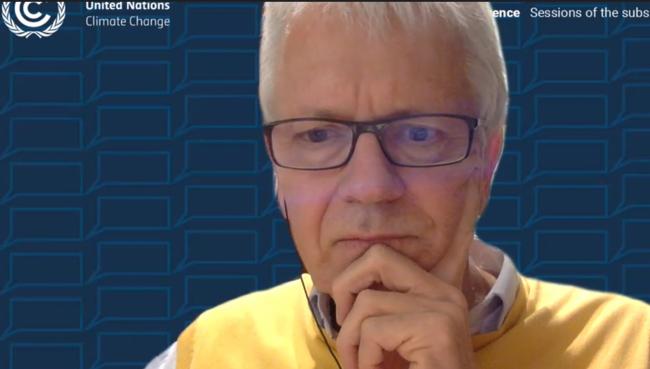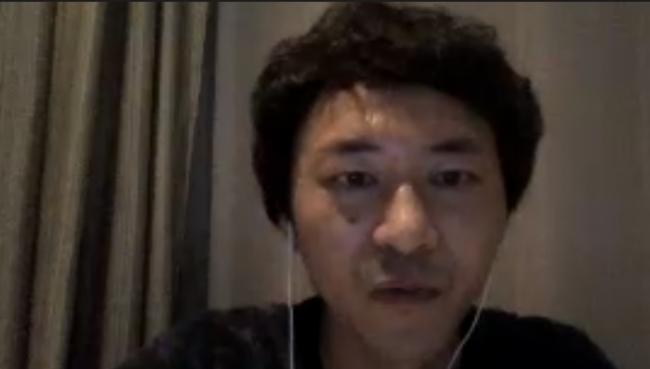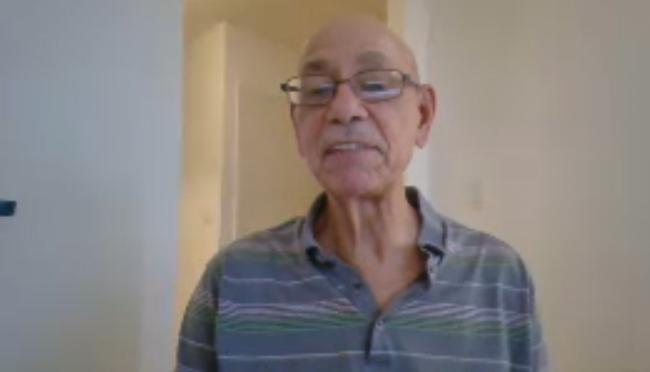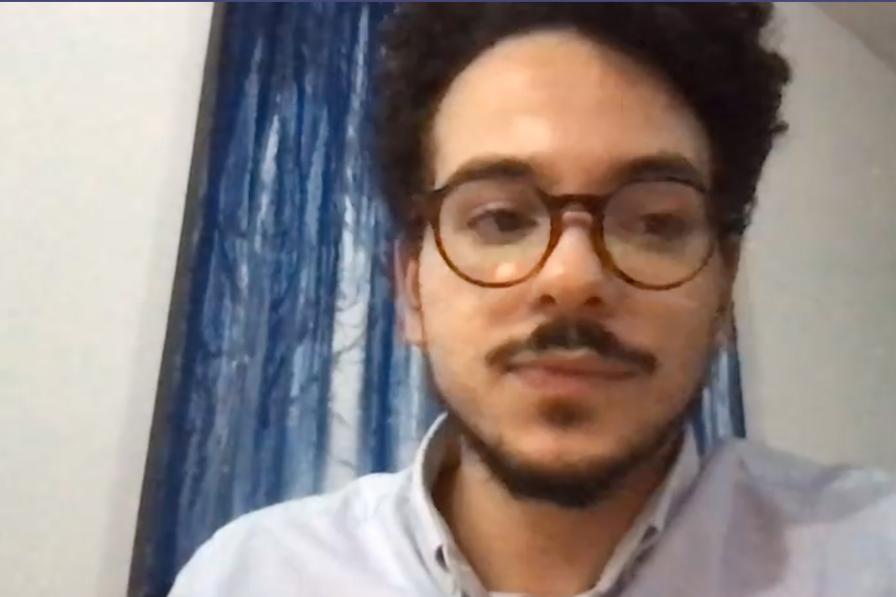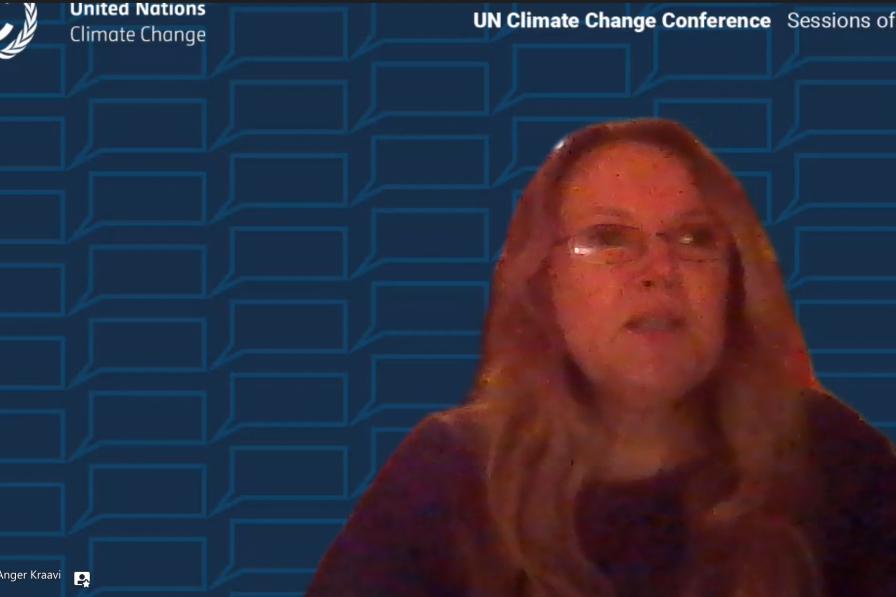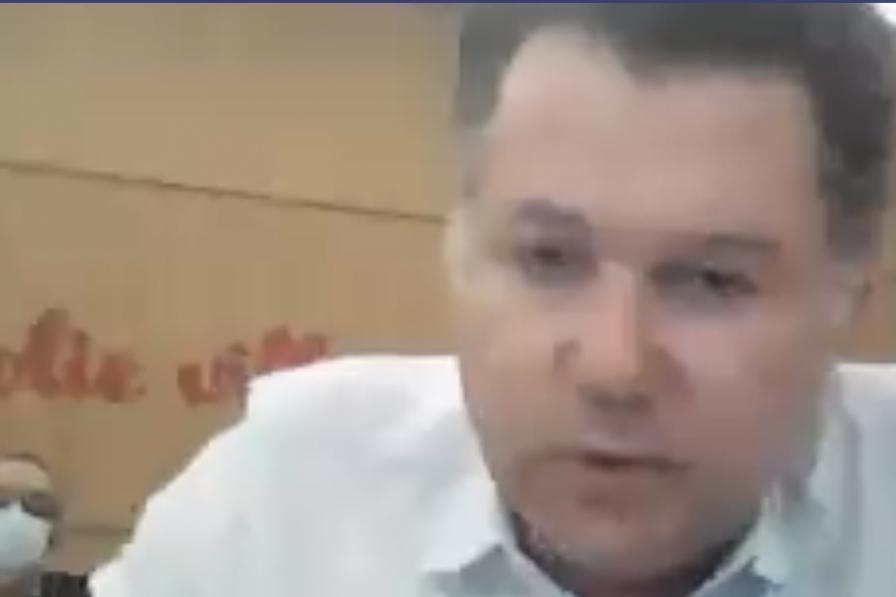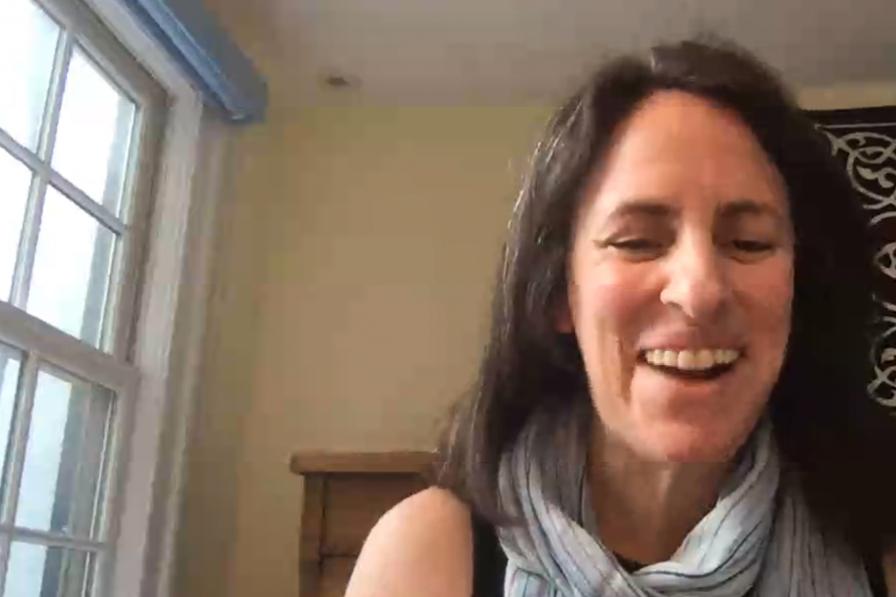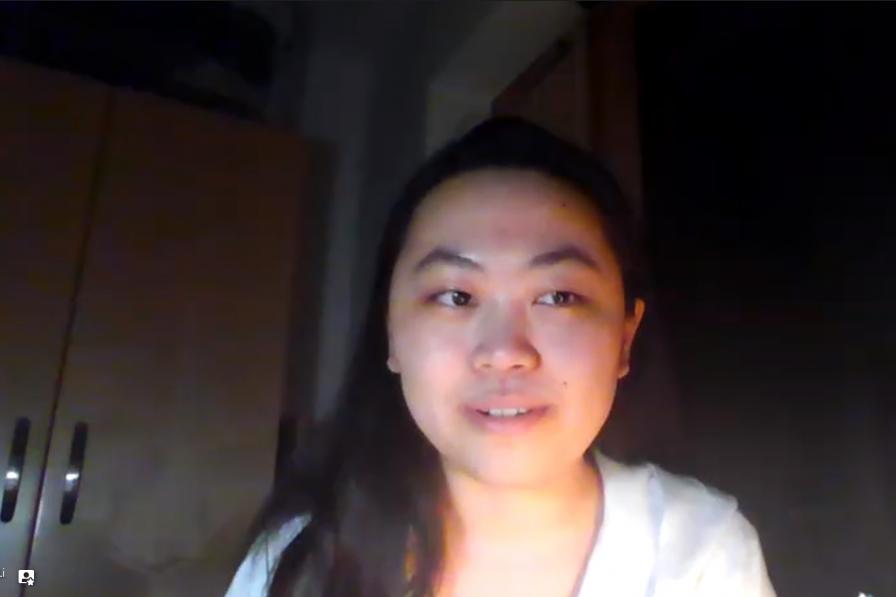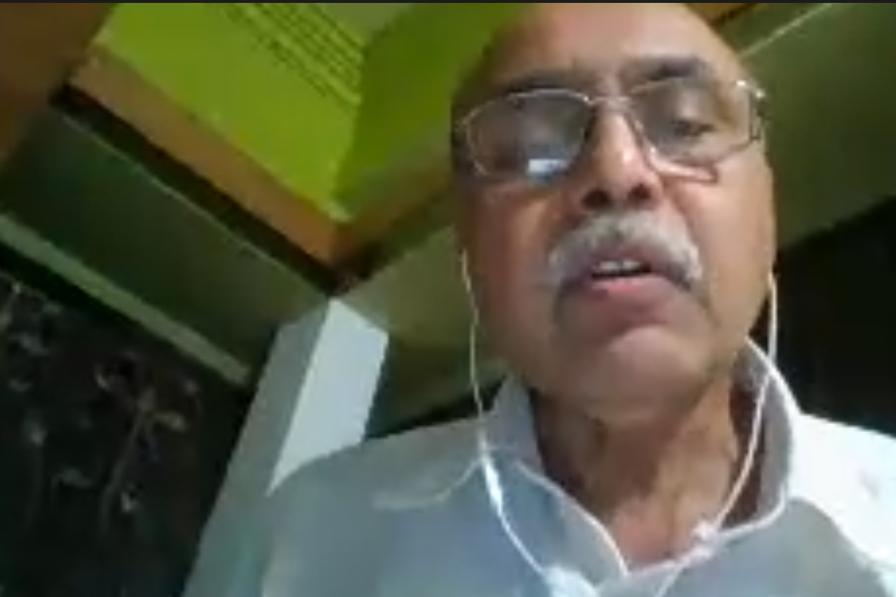The May-June 2021 UN Climate Change Conference continued its second week of virtual discussions to prepare for the 26th meeting of the Conference of the Parties (COP 26) in Glasgow, Scotland, scheduled for November 2021.
The COP 25 and incoming COP 26 Presidencies together with the Chairs of the Subsidiary Bodies conducted an informal meeting with observers. Delegates addressed a range of issues in informal consultations, including transparency and adaptation. Additionally, a workshop on sustainable land and water management to ensure food security took place.
Review of the Adaptation Fund
In the second session of informal consultations on this item, delegates exchanged views on the process to initiate the fourth review of the Adaptation Fund (AF). An informal note prepared by the Co-Facilitators informed discussions, which centered on the terms of reference (ToR) of the review. Recurrent points of divergence resurfaced, especially regarding the references to the Conference of the Parties serving as the meeting of the Parties to the Paris Agreement (CMA). Some underscored the AF will only start exclusively serving the Paris Agreement once a share of proceeds from its Article 6 (market and non-market approaches) become available. Others highlighted that the AF has been serving the Paris Agreement since 2019 and that the CMA should consider the results of the review. There was strong support for concluding the review as soon as possible, though the timeline is contingent upon the formal adoption of the ToRs.
Sources of input for the global stocktake under the Paris Agreement
In the second session of informal consultations on this item, delegates discussed how to consider the potentially many inputs from non-party stakeholders and observer organizations to the Global Stocktake (GST). Many stressed the importance of such inputs. Suggestions included: developing submission guidelines, for example calling for an executive summary in English; encouraging organizations to combine their inputs where possible; and channeling submissions through the 9 observer constituencies. The Secretariat noted that while 90% of observer organizations are a member of a constituency, only 40% of environmental NGOs are. Some groups supported creating a designated “Secretariat support unit” to assist developing country parties, non-party stakeholders, and observer organizations to make submissions, while others questioned the budgetary implications of doing so.
Common tabular formats for tracking progress on Nationally Determined Contributions (NDCs)
In the second session of informal consultations on this item, delegates discussed options for reporting progress on NDC implementation and achievement, including by making granular remarks on table rows and columns. The Co-Facilitators presented a revised version of their “visual tool,” which contained a submission from one developing country group regarding non-tabular formats for the structured summary. Two groups expressed strong concerns, highlighting that many parties had made submissions that were not reflected in the visual tool. Many stressed that the item’s mandate does not cover the development of non-tabular formats. Parties reflected on the structured summary table in the tool. Points raised included the need for taking all NDC types into consideration, including conditional NDCs, and seeding the tables with specific, non-prescriptive examples to help parties with least capacity to report.
Nairobi work programme on impacts, vulnerability and adaptation to climate change
In this second session of informal consultations, delegates continued exchanging views on progress and outcomes of the Nairobi work programme (NWP) since June 2019, on its indicative work plan for 2021-2022, and on how the NWP can be more responsive to developing countries’ needs. Delegates expressed their appreciation for the work of the NWP to date, especially its Universities Partnership Programme, and supported the indicative work plan. Several groups asked for clarification on the composition and mandate of thematic expert groups. Recurrent statements related to: strengthening engagement in regions previously under-focused upon, ensuring better accessibility of NWP knowledge products for practitioners on the ground, and identifying more targeted ways to seek feedback on NWP effectiveness.
To receive continuing coverage of this event delivered to your inbox, subscribe to the ENB Update newsletter.
